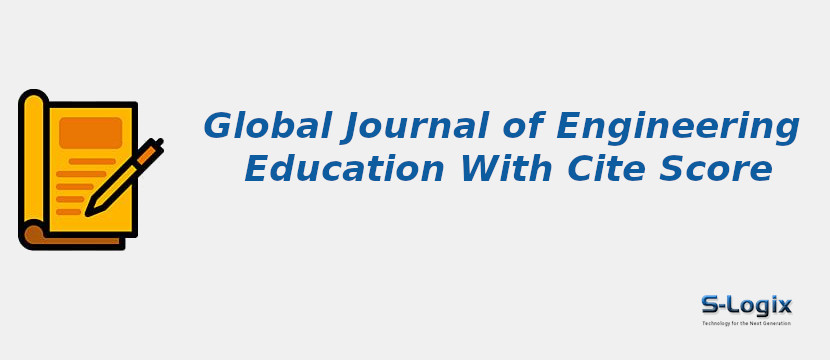Journal Home: Journal Homepage
Editor-in-Chief: Prof. Zenon J. Pudlowski
Print ISSN: 13283154
Electronic ISSN:
Abstracting and Indexing: Scopus
Imapct Factor :
Subject Area and Category: Computer Science, Computer Science (miscellaneous), Social Sciences, Education
Publication Frequency:
H Index: 18
Q1:
Q2: Computer Science (miscellaneous)
Q3:
Q4:
Cite Score: 2.9
SNIP: 0.805
Journal Rank(SJR): 0.385
Latest Articles: Latest Articles in Global Journal of Engineering Education
Guidelines for Authors: Global Journal of Engineering Education Author Guidelines
Paper Submissions: Paper Submissions in Global Journal of Engineering Education
Publisher: World Institute for Engineering and Technology Education (WIETE)
Country: Australia
